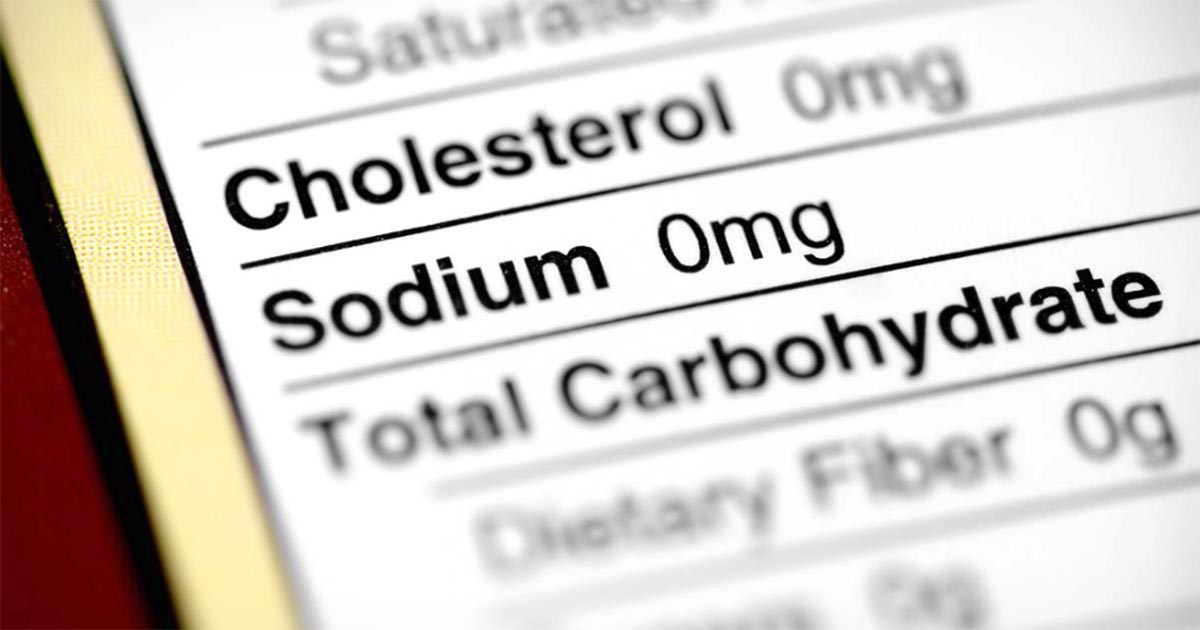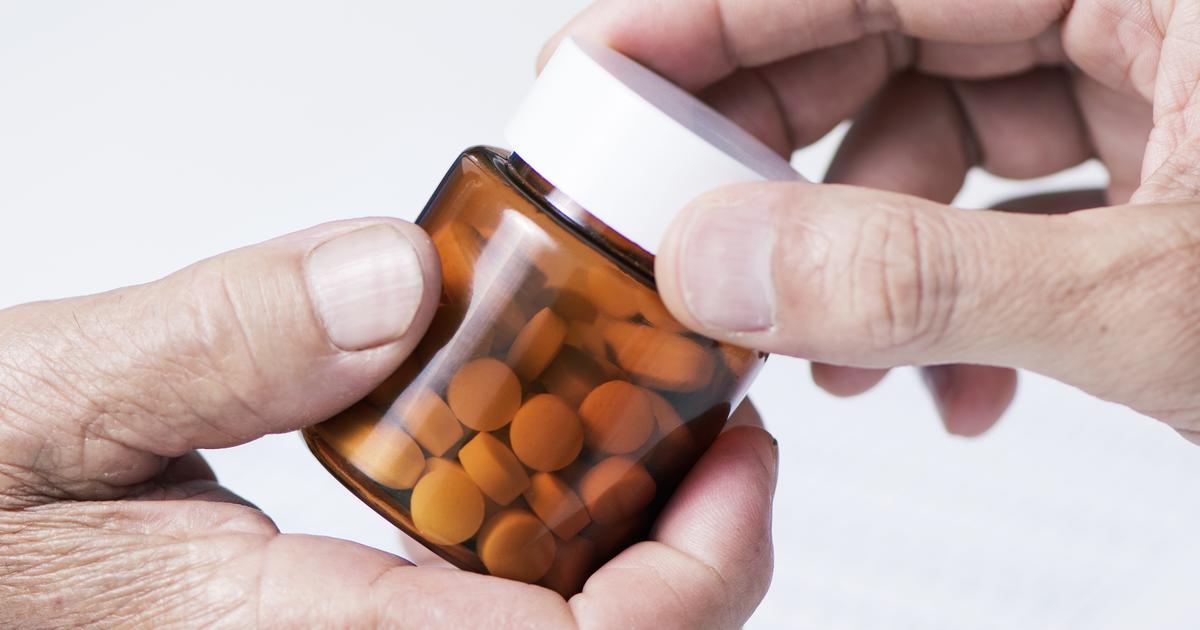How To Get Relief From Kidney Pain
Dietary Adjustments

Kidney pain caused by certain conditions may be alleviated by making dietary adjustments to treat the issue. Diabetes patients dealing with kidney pain from diabetic nephropathy may need to consume a diet lower in sugar and sodium to manage their blood sugar and blood pressure properly. Individuals experiencing pain from kidney damage caused by high blood pressure may need to make adjustments to lower the amount of sodium in their diets. Patients with pain in their kidneys due to the formation of certain types of kidney stones may need to make adjustments in their diet to lower their consumption of foods high in low-density lipoprotein cholesterol and fats. An individual affected by recurrent kidney infections that are producing organ damage and pain may need to make changes in their diet to ensure they consume more fluids throughout the day to help clear the bacteria and prevent further infections.
Uncover more options for dealing with kidney pain now.
Anticoagulants For Blood Clots

An individual affected by kidney pain may need to be treated with the use of anticoagulants. This type of treatment for kidney pain applies to individuals affected by renal vein thrombosis, a condition in which the veins that carry blood away from the kidney tissues become obstructed by blood clots. The obstruction of the renal vein causes injury to the individual's kidney tissues and may produce other deadly complications. Blood clots can be treated with the use of anticoagulants, which work by inhibiting an individual's blood from forming inappropriate clots by stopping the blood components from sticking to each other. These medications are also used to treat existing blood clots and keep them from growing larger. Common anticoagulants used to treat renal vein thrombosis include apixaban, edoxaban, heparin, warfarin, dabigatran, fondaparinux, and rivaroxaban.
